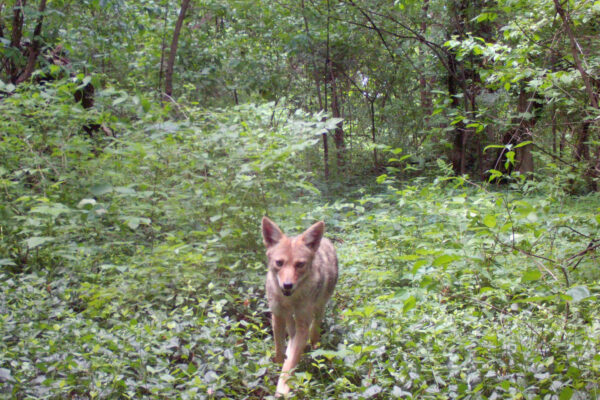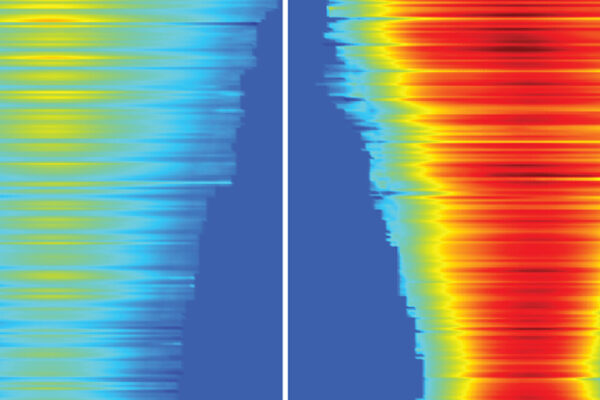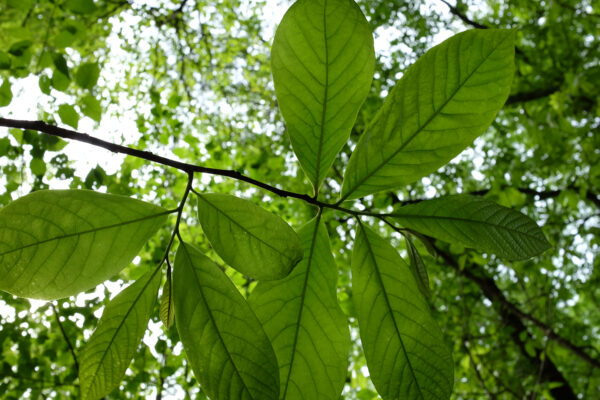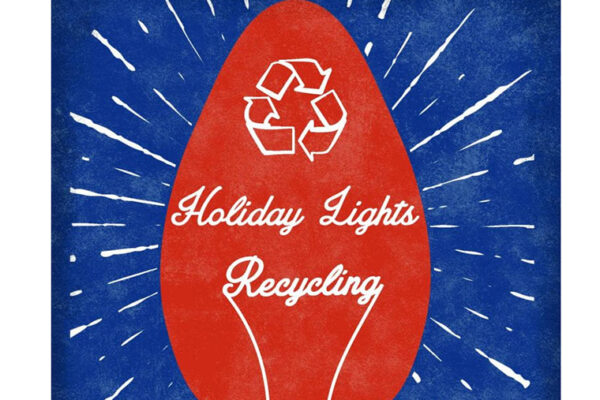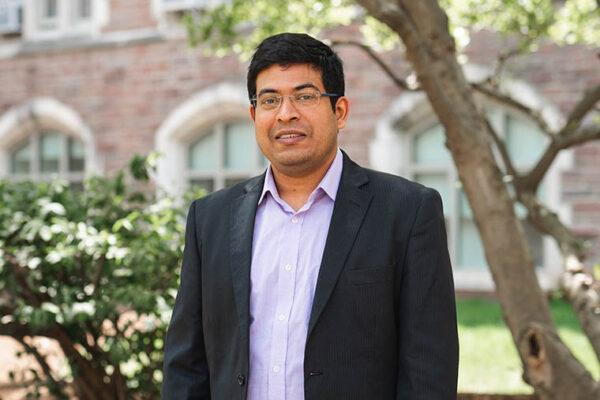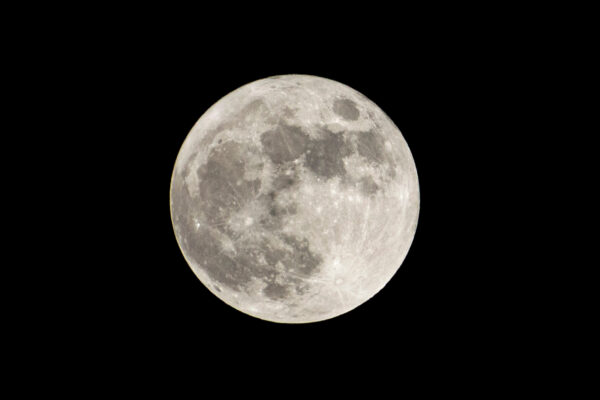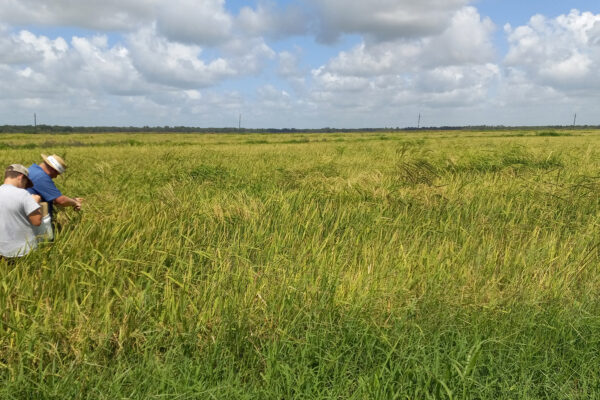Coyote genes may show urban evolution at work
A new study by Elizabeth Carlen, a postdoctoral fellow with the Living Earth Collaborative at WashU, outlines the ways by which city life may be shaping the evolution of urban coyotes, the highly adaptable carnivores spotted in alleyways from Berkeley, Calif., to the Bronx, in New York.
May the force not be with you
Researchers at the McKelvey School of Engineering have turned an age-old assumption about cell force on its head. Their work, published in PLOS Computational Biology, has implications for how cancer spreads and wounds heal.
Nothin’ but pawpaws in the pawpaw patch
Pawpaws are the state fruit tree of Missouri. But the trees tend to choke out woody bushes and flowering plants nearby, exerting a haphazard kind of pressure on would-be neighbors, according to research from WashU.
WashU engineer reaffirms century-old modern theory of lift
WashU engineer David Peters has developed a fresh approach to reaffirm classical airfoil theory.
Holiday light recycling ends Jan. 16
WashU’s annual recycling drive for old or broken holiday lights is underway and runs through Thursday, Jan. 16. Collection bins are available on the Medical, Danforth, West and North campuses as well as The Link at the Loop.
Brain structure differences provide clues to substance use risks
Researchers at Washington University found correlations between types of brain structure and people who try drugs before age 15.
How to make resolutions that stick
People should be strategic about how and when they set new goals, according to positive psychology researcher Tim Bono at Washington University.
Physicist Dev awarded Humboldt research fellowship
Bhupal Dev, an associate professor of physics in Arts & Sciences, will analyze possible neutrino interactions with dark matter at the Mainz Institute for Theoretical Physics in Germany.
Geology team evaluates lunar landing locations
Brad Jolliff, in Arts & Sciences, is part of the Artemis III geology team that is helping NASA to evaluate the nine potential lunar landing regions for their scientific potential.
Across southeastern US, weedy rice steals herbicide resistance from crop rice
Biologists in Arts & Sciences found that 57% of their samples of weedy rice collected in Missouri, Arkansas and Louisiana were resistant to herbicides.
Older Stories
